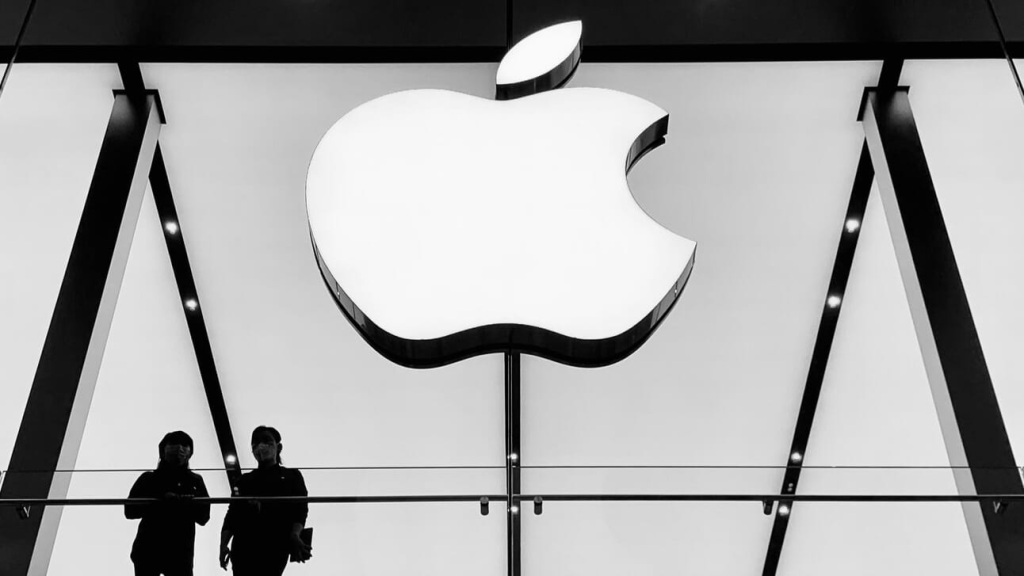Brazil’s antitrust regulator has ordered Apple to remove App Store restrictions on third-party payment systems and allow developers to market alternative payment options for in-app purchases,Reuters reports. Apple will have 20 days to comply with the measures, imposing a 250,000 real (about $43,000) fine per day if Apple fails to comply with the demands.

This decision follows a complaint filed in 2022 by Mercado Libre, a prominent e-commerce platform.
MercadoLibre’s complaint, filed in 2022 in Brazil and Mexico, accused Apple of imposing a series of restrictions on the distribution of digital goods and in-app purchases, including banning apps from distributing third-party digital goods and services such as movies, music, video games, books and written content.
The company accused Apple of abusing its monopolistic position by requiring developers to use Apple’s own payment system and preventing them from redirecting users to external payment options.The e-commerce giant’s SVP general counsel, Jacobo Cohen Imach, criticized Apple’s practices as creating an “artificial tilt towards integrated ecosystems.”
Under the new requirements, Apple must permit app developers to implement tools allowing customers to make purchases outside the Apple ecosystem. This includes enabling the use of hyperlinks to external websites and allowing developers to market third-party products and services within their apps.
The move aligns with similar regulatory actions worldwide, which have been challenging Apple’s strict App Store policies. Apple has faced mounting pressure to enable third-party payment methods and external links in regions like Europe, Japan, South Korea, and the U.S. In March 2024, the European Commission fined Apple €1.8 billion ($1.95 billion) for restricting music streaming apps from informing users about cheaper subscription options outside the App Store.
This latest ruling represents another potential crack in Apple’s tightly controlled App Store model, often criticized as a “walled garden.” As global regulators scrutinize the company’s practices, further changes to App Store policies may be on the horizon.